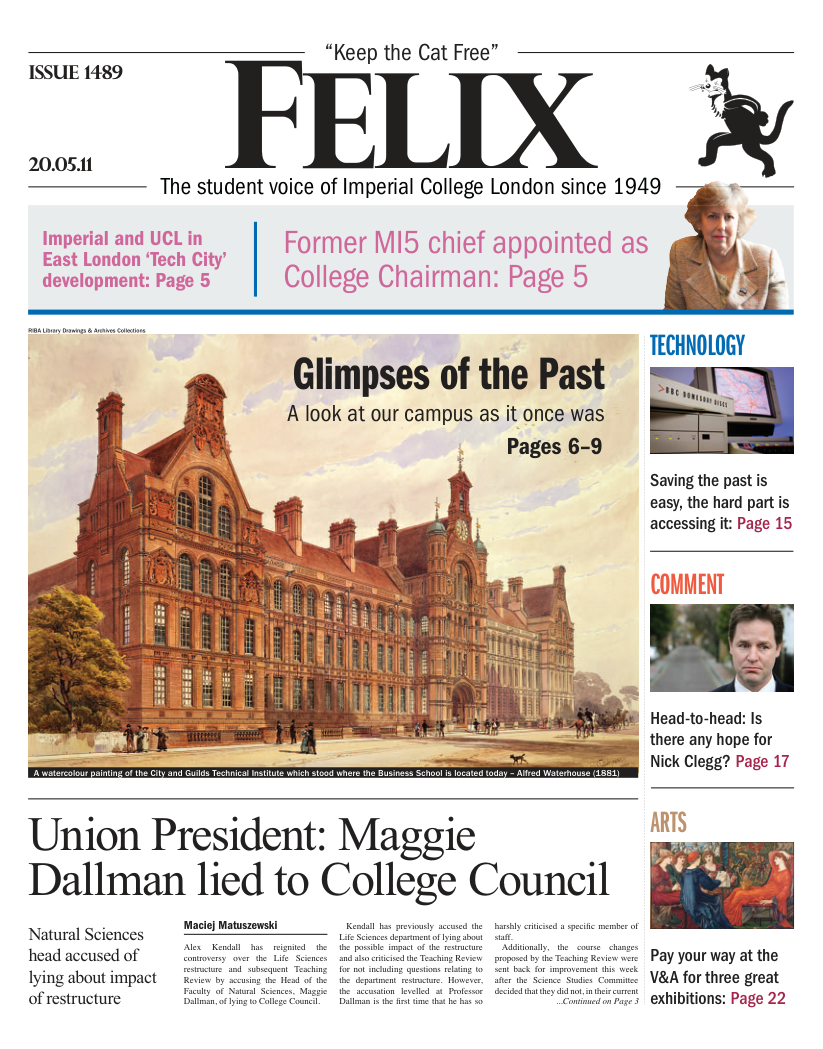National pride and prejudice
Why break up the Union? Is it simply national pride or something more?
I like England. No really, I do. But it is not something I would readily admit to as a Scotsman living ‘abroad’.
Maybe it is your unfriendly commuters, your casual racism, or your chalky water that is slowly calcifying my kettle into a solid chunk of limestone that oddly resembles the cliffs of Dover. Whatever it is, it has burrowed its way into my heart and it is there to stay.
It is no surprise then that I feel frustrated by the recent results of the Scottish Parliament election – a landslide victory for the Scottish National Party (SNP). Alex Salmond, leader of the SNP, has promised to hold a referendum on Scottish independence in the next four years. But why break up the Union? Is it simply national pride or something more?
I have learned to understand Scottish pride. I attended a school named after William Wallace (Braveheart to you) built on the site of an historic battlefield, where Scots fought against, you guessed it, the English.
But pride can have the power to alienate people too. Scotland’s obsession with its nationalistic dreams risks isolating her from her closest neighbours. English people have become bored with the Scots’ unending patriotism and stopped caring about whether or not Scotland stays in the Union, but that is exactly what the nationalists want.
Alex Salmond and the SNP have presented a mockery of what it means to be Scottish. They have re-written history as if all Scots ever did was roam the Highlands chasing the mythical haggis and fighting the English. But if this is the country I am supposed to take pride in, it is not a country I recognise. I have not suddenly become a Scotsman faced by a ‘crisis of identity’. It is just that there is more to the country I was born in than what is written on the side of a pack of ‘Scott’s Porage Oats’.
Scotland put its clans and conflicts behind it hundreds of years ago, to make the great intellectual contribution to the Enlightenment of which Voltaire said “we look to Scotland for all our ideas of civilisation”. It produced The Glasgow Boys who, in the 19th century, put Scotland on the art-world map by leading on from the European impressionist movement. And its capital, Edinburgh, the UNESCO City of Literature, now holds the world’s largest performing arts festival every year. None of these achievements could have been possible without connecting with the world beyond national borders.
Our only hope is that there are enough people in Scotland who can look to the future rather than dwelling on ancient rivalries, to vote against independence in a referendum. And enough English people who can tolerate the Scots. We need to look past national pride, historic dogma and the colours on our flags. So much so, that we can share this small island in the Atlantic Ocean together.





